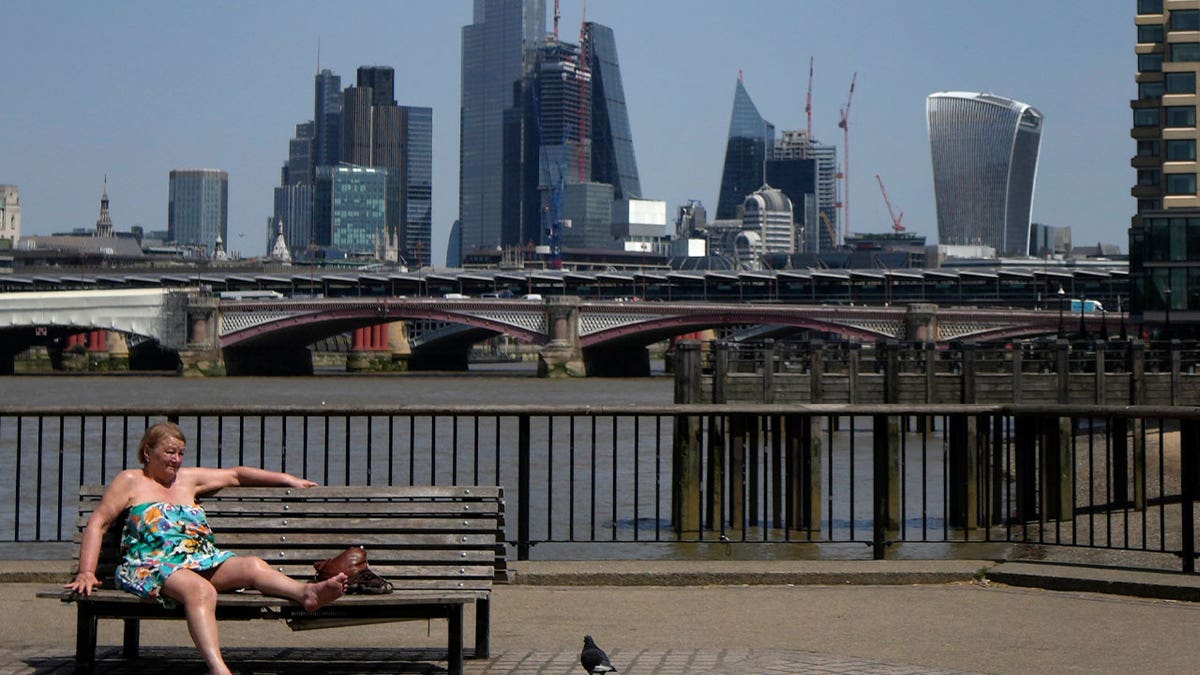Britain experienced its hottest June on record, exceeding temperatures recorded since 1884, according to the Met Office. The average temperature reached 60.4°F (15.8°C), significantly surpassing the previous shared record of 58.8°F (14.9°C) set in 1940 and 1976. This unprecedented heat is attributed to human-induced climate change, which is expected to increase the frequency of such extreme weather events in the coming decades.
Climate change has more than doubled the likelihood of breaking the previous temperature record compared to the 1940s. Met Office expert Paul Davies explained that the combination of natural climate fluctuations and human-induced global warming has heightened the probability of record-breaking temperatures. Projections suggest that by the 2050s, there could be a 50% chance of exceeding the previous record every year.
Numerous regions across the UK, from the Orkney Islands to Cornwall, set new regional temperature records in June. Many areas experienced mean temperatures significantly higher than average. The highest temperature recorded last month reached 90.0°F (32.2°C), considerably exceeding the typical maximum temperatures, which usually range in the low 70s Fahrenheit during this time of year.

The extreme heat had detrimental effects, including the death of thousands of fish across the country, according to fisheries experts. The Met Office also noted that 2022 was the hottest year on record for the UK, with an average temperature of 50.0°F (10.0°C), substantially higher than the 1991-2020 average. All ten of the highest annual temperature records have occurred within the past two decades, highlighting the significant impact of global warming on the UK's climate.








